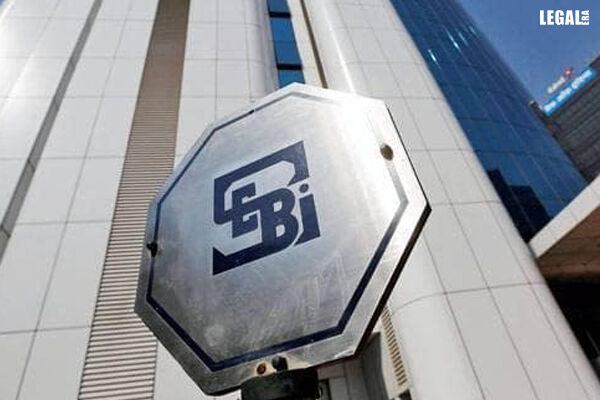
SEBI’s Ruchi Chojer Emphasizes Trust-Building A Basis For Investment
Shares about the surge in demat accounts to 194 million in 2025 from 36 million in 2019
Ruchi Chojer, the Executive Director at the Securities and Exchange Board of India (SEBI) has expressed that trust is the cornerstone of investment, and India has earned that.
While speaking at the event organised by the IVCA Renewable Energy Summit 2025, she added, “SEBI’s regulatory approach has focused on balancing capital formation with systemic stability and investor protection.”
The executive director shared that retail participation had surged from 36 million demat accounts in 2019 to 194 million in 2025. “This growth is powered not just by policy and infrastructure, but by deepening investor trust,” she said.
While highlighting the evolution of capital markets in the country, Chojer remarked that over the last three decades, India’s markets transformed into one of the world’s top 10 equity ecosystems – resilient, inclusive, and increasingly driven by domestic participation.
In the last decade, Indian companies raised Rs.93 trillion through equity and debt, with FY 2024-2025 witnessing a record Rs.4.3 trillion in equity issuance, including Rs.1.7 trillion via IPOs.
The domestic institutional ownership in listed companies increased from 13 per cent to 20 per cent, while foreign ownership declined from 22 per cent to 17 per cent.
Stressing on the importance of capital markets in India’s clean energy journey, she stated, “As India undertakes its green transition, the role of capital markets and particularly alternative investment funds (AIFs) will be critical. Financing long-gestation sectors like grid modernisation, storage, and transmission requires patient and risk-tolerant capital. SEBI has already enabled blended finance structures, allowing philanthropic and multilateral capital to invest through junior units in AIFs. This is a vital step in unlocking capital for energy transition.”
The SEBI official pointed out that India’s clean energy transition could not be driven by listed companies alone and AIFs must play a key role in driving ESG adoption among unlisted investee companies, especially as 40 per cent of AIF capital comes from foreign investors, who expect alignment with global disclosure standards.
“We are open to proposals for ESG-labelled AIF categories, and believe that well-structured tax incentives can further catalyse investment into sectors with long-term impact and higher risk profiles,” she underlined.
Being futuristic, Chojer noted, “India will need an estimated $250 billion by 2030 to finance renewable energy, storage, and transmission. SEBI remains committed to enabling this transformation by providing regulatory clarity, reducing policy risk, and supporting innovative investment structures. Our goal is to ensure that India’s capital markets continue to serve not just as engines of growth, but also as platforms for building a sustainable, future-ready economy.”